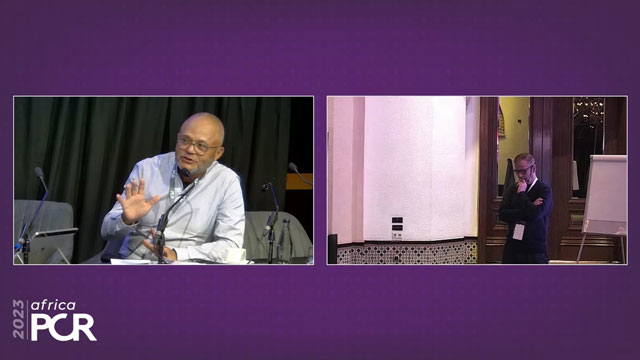203 results
Fighting against a rock - CTO and calcification
17 May 2023 – From EuroPCR 2023
This series of case studies examine the challenges posed by chronic total occlusion in combination with calcification in coronary arteries. Discover the strategies deployed to navigate complicated situations, offering valuable guidance for overcoming arduous obstacles in the field of interventional cardiology.
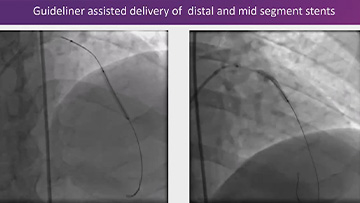
Treatment strategies for calcified left main stenosis
17 May 2023 – From EuroPCR 2023
Experience the complex nuances of managing calcified left main stenosis in this case series, digging into the innovative interventions and evidence-based techniques that hold the key to overcoming this challenging clinical scenario.
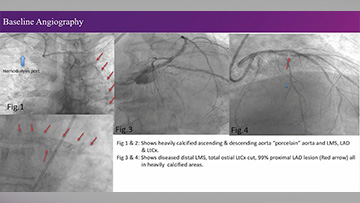
New developments in intravascular lithotripsy after 5 years of clinical practice
17 May 2023 – From EuroPCR 2023
Angela McInerney and James Spratt look back at 5 years of intravascular lithotripsy and how it has evolved from its beginnings to the present day.
Calcium has always been a very complex issue especially in older patients, but the tools to treat it were somewhat limited....

Treatment of calcified bifurcation lesions
16 May 2023 – From EuroPCR 2023
Proper assessment, decision-making, and procedural techniques are crucial in ensuring successful outcomes for patients with calcified bifurcation lesions. Perfect your ability to navigate complex scenarios by gleaning information from cases experienced by your peers.
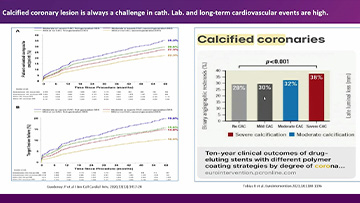
Calcified lesions: how to treat
16 May 2023 – From EuroPCR 2023
Learn more about the treatment of calcified lesions in this session, where speakers dissect a collection of cases focusing on tough situations.
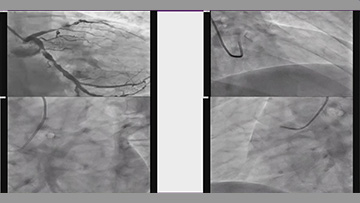
High-risk PCI in cardiogenic shock and calcified vessels
16 May 2023 – From EuroPCR 2023
Looking for a better insight into this session devoted to high-risk PCI in cardiogenic shock and calcified vessels? Revisit the slides presented and review the detailed results of a series of important studies conducted on the subject.
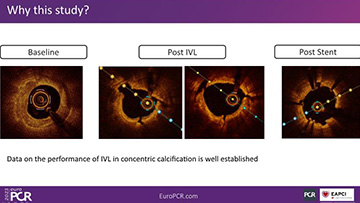
Our patient with a highly calcified vessel
15 May 2023 – From EAPCI-PCR Fellows course 2023
Consult these slides to define a step-by-step strategy to deal with calcified lesions, discover how OCT can support your decision making and to learn how to learn how to use ROTABLATOR for an effective and safe plaque debulking.
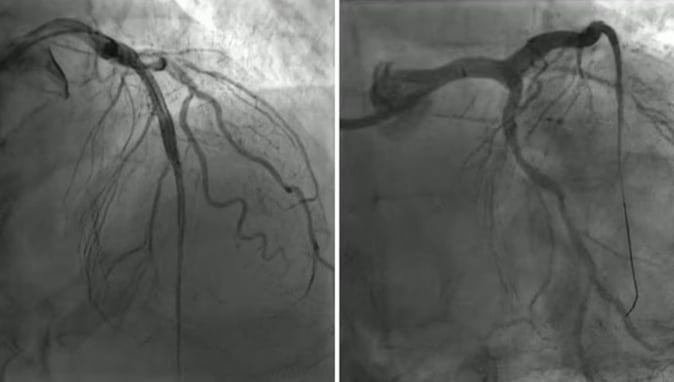
How should I treat? – TAVI with a self-expanding aortic valve in bicuspid aortic valve stenosis
09 Mar 2023
A 73-year-old male patient was referred for treatment of severe symptomatic aortic valve stenosis. This case describes the decision-making in performing TAVI with a self-expanding aortic valve in a patient with bicuspid aortic valve stenosis and peripheral arterial disease.

Author

Author
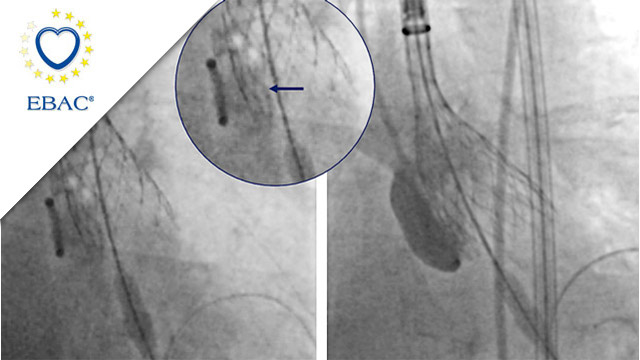
Calcified left main bifurcation PCI: how to evaluate and how best to treat - LIVE case
04 Mar 2023 – From AfricaPCR 2023
A 62-year-old male with hormonal treatment (metastatic prostate carcinoma) presents an exertion angina due to an MVD: severe calcified stenoses of distal left main (medina 1-1-1), mid LAD and prox CX.
Watch how the operators prepare LAD and CX lesions with Rotablator (Burrs: 1.25 + 1.75) then...
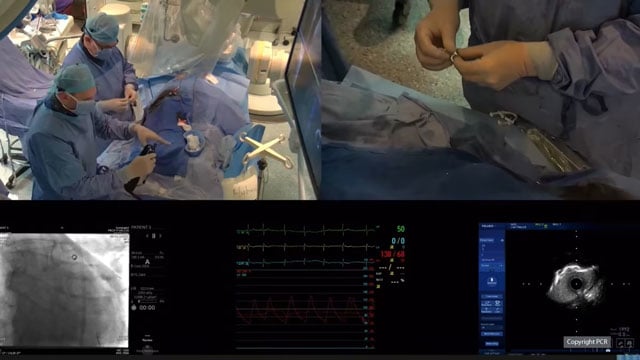
How should I treat a calcified lesion - A patient's journey
03 Mar 2023 – From AfricaPCR 2023
In this session, follow the discussion about a 76-year-old male patient with HTN, type 2 DM, dyslipidaemia and progressive angina who presented with a preserved LVEF without RWMA and a positive treadmill exercise test...
